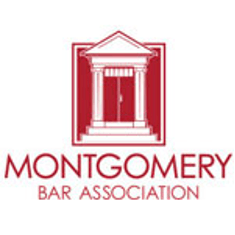Focused on Your Business Needs
The right attorney can properly assist you through any legal difficulty or transaction you encounter. Having well-respected counsel will properly guide you or your business through the litigation process, and can make the difference between attaining the information you need for effective resolutions, protecting your estate, or facing unexpected and undesirable outcomes and unwanted litigation. Located in Skippack, Pennsylvania, The Fleischmann Law Firm provides reliable representation you can depend on for your, business needs in Montgomery County and the surrounding areas.
With over three decades of experience, The Fleischmann Law Firm offers an objective and fair assessment, weighing all circumstances and options for solid recommendations to move forward. The Firm focuses on working in conjunction with clients to minimize any risk or liability while providing superior representation.
Always operating on high standards of integrity, cost-effectiveness and value, Firm clients are educated on the entire process from beginning to end, having the transparency a good attorney-client relationship demands. Attorney Craig J. Fleischmann and staff work diligently to achieve the results you need through personalized service for an in-depth approach to meeting goals and strategy.
Don’t leave any legal situation to chance! Be proactive and contact the Fleischmann Law Firm, P.C. today!









